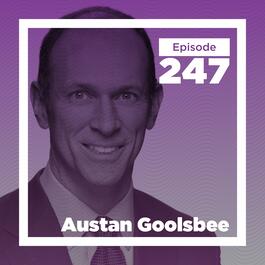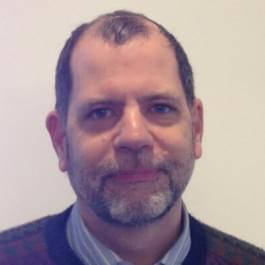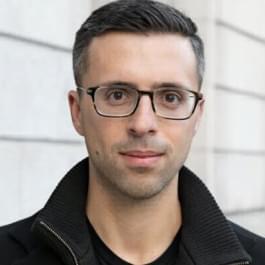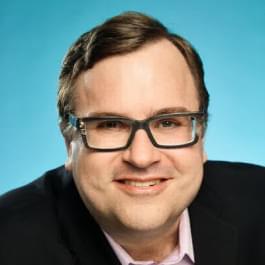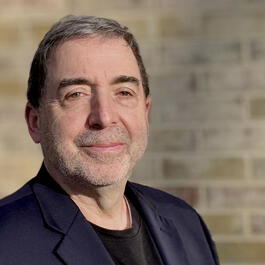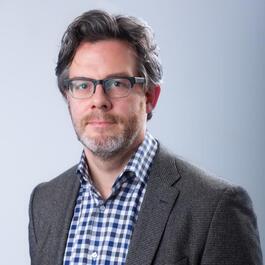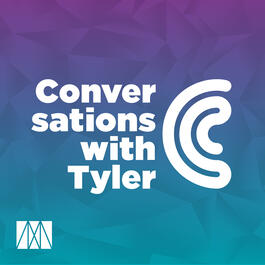
Conversations with Tyler
Tyler Cowen engages today’s deepest thinkers in wide-ranging explorations of their work, the world, and everything in between. New conversations every other Wednesday. Subscribe wherever you get your podcasts.
Show episodes
Helen Castor is a British historian and BBC broadcaster who left Cambridge because she wanted to write narrative history focused on individuals rather than the analytical style typical of academia. As someone interested in individual psychology and the functioning of power, Castor finds medieval England offers the perf
David Robertson is a rare conductor who unites avant-garde complexity with accessibility. After serving as music director of the Ensemble Intercontemporain, Pierre Boulez’s storied contemporary-music ensemble, he went on to rejuvenate the St. Louis Symphony. Robertson combines a fearless approach to challenging scores
Austan Goolsbee is one of Tyler Cowen’s favorite economists—not because they always agree, but because Goolsbee embodies what it means to think like an economist. Whether he’s analyzing productivity slowdowns in the construction sector, exploring the impact of taxes on digital commerce, or poking holes in overconfident
Most people who leave Wall Street after twenty years either retire or find another way to make a lot of money. Chris Arnade chose to walk through cities most travelers never truly see. What emerged from this approach is a unique form of street-level sociology that has attracted a devoted following on Substack. Arnade's
Any Austin has carved a unique niche for himself on YouTube: analyzing seemingly mundane or otherwise overlooked details in video games with the seriousness of an art critic examining Renaissance sculptures. With millions of viewers hanging on his every word about fluvial flows in Breath of the Wild or unemployment rat
John Arnold built his fortune in energy trading by surrounding himself with smart people, maintaining emotional detachment, sensing market imbalances through first-principles analysis, and focusing with laser intensity on a single niche until he dominated it completely. Now he's applying that same analytical rigor to p
